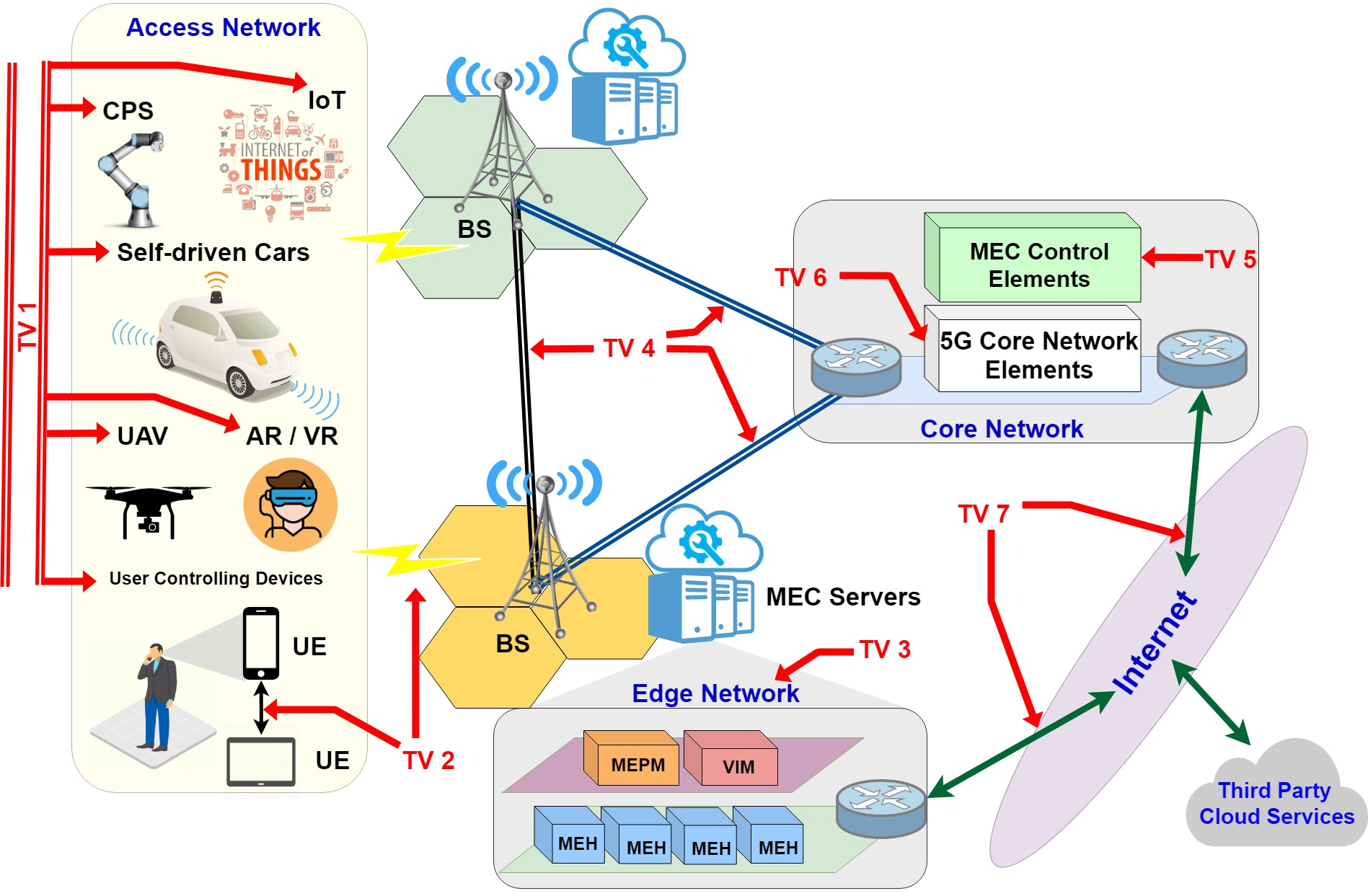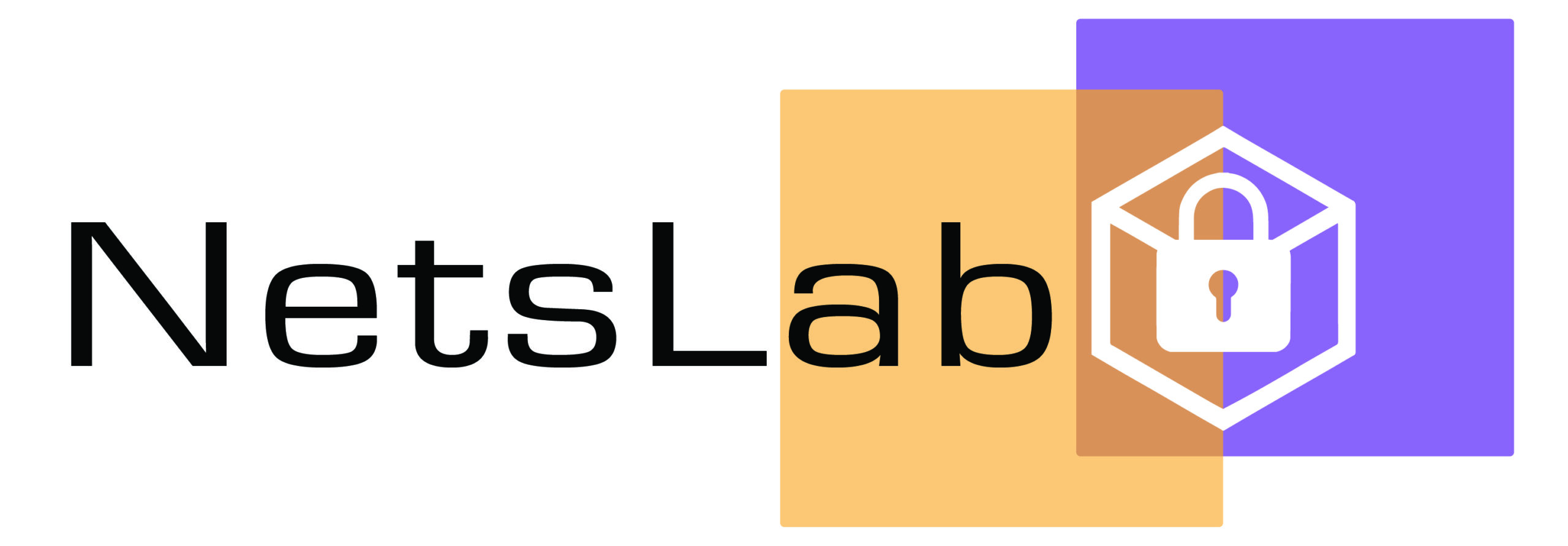
Realizing Multi-Access Edge Computing
Feasibility: Security Perspective
- Post by: Pasika Ranaweera, Anca Delia Jurcut and Madhusanka Liyanage
- October 28, 2019
- Comments off
Internet of Things (IoT) and 5G are emerging technologies that prompt a mobile service platform capable of provisioning billions of communication devices which enable ubiquitous computing and ambient intelligence. These novel approaches are guaranteeing gigabit-level bandwidth, ultra-low latency and ultra-high storage capacity for their subscribers. To achieve these limitations, ETSI has introduced the paradigm of Multi-Access Edge Computing (MEC) for creating efficient data processing architecture extending the cloud computing capabilities in the Radio Access Network (RAN). Despite the gained enhancements to the mobile network, MEC is subjected to security challenges raised from the heterogeneity of IoT services, intricacies in integrating virtualization technologies, and maintaining the performance guarantees of the mobile networks (i.e. 5G). In this paper, we are identifying the probable threat vectors in a typical MEC deployment scenario that comply with the ETSI standards. We analyse the identified threat vectors and propose solutions to mitigate them.


